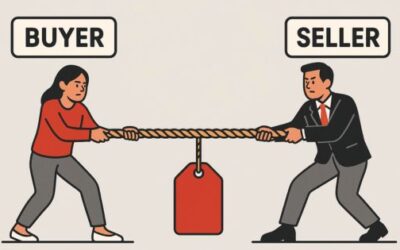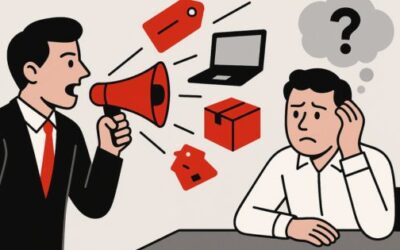With football season coming back, I was reminded of a blunder from the 2005 San Diego Chargers. It’s a story not about football, but about leadership.
The Drew Brees Trade
For those of you who are not football fans, or possibly just need a refresher, Drew Brees was traded to New Orleans after the 2005 season when he busted up his shoulder. San Diego shipped him off and went all in on Philip Rivers as their new QB.
Brees’ Post-Trade Success
Following that trade, no QB, not Tom Brady, not Aaron Rodgers, not Peyton Manning, and definitely not Philip Rivers had more touchdowns, yards, or 300-yard games than Brees. Even worse, Brees took the Saints, a historically “hapless” team to their first Super Bowl win. Meanwhile, San Diego (now LA) are still trying to find the right mix to get there.
Did the Chargers ever admit their Mistake?
Now my question, do you think the ownership or leadership group in San Diego ever admitted they screwed up? I’m not in their locker room or front office, so I can’t say for sure, but my gut tells me they haven’t. I’ve never heard it and I’ve never seen it on the sports channels. Want to bet they still think they made the right call?
Accountability in Leadership
Every leader, whether in sales or anywhere else, screws up from time to time. It’s just part of the game. They hire the wrong person. They make a strategic decision that blows up in their face. They build a partnership that falls apart. They misjudge the market so badly you’d think they were reading tea leaves and not data. It doesn’t matter how good they are, where they went to school, or how committed they are – every leader will make a major mistake at some point.
Failing to Own Mistakes
But that’s not the problem. The real issue is that too many of leaders can’t seem to own their mistakes. They won’t apologize, they don’t take responsibility. When I say take responsibility, I don’t mean a whispered apology to their boss or the board, I mean a public admission that they fucked up.
Ripple Effect of Decisions
When a leader makes a decision, it’s not just their ass on the line. Their choices ripples out. They affect jobs, wallets, time, and the efforts of a lot of other people. Depending on their role we’re talking tens, hundreds, or thousands of people feeling the impact.
Sure, at the end of the day, it’s their name on decision, but that decision sets off a chain reaction that’s far beyond them. When a leader makes a decision they’ve made a mess of their own world and potentially thousands below them.
Owning a Mistake
When a leader owns a mistake publicly, it shows they’ve got some humility and they understand that their decisions affect more than just themselves. People hate feeling like they’re getting screwed, and when a leader doesn’t take accountability, everyone who’s caught in the fallout feels betrayed. Think about it – most of these folks had little to no say in the decision, but they eat the consequences. Once a follower feels betrayed, the leader’s days are numbered.
Humility as a Leader
Being a strong leader requires that level of humility. It requires the ability to put yourself in the shoes of the people and teams you’re leading. You must understand that your decisions affect everyone around you. If you’re hoping to keep the damage to a minimum and show your people you’re not a self-serving ass, you HAVE to own it loud and quick.
Look, as a leader you’re going to make mistakes. But, can you look your entire team in the face and admit it? Because, that’s what separates the real leaders.



0 Comments